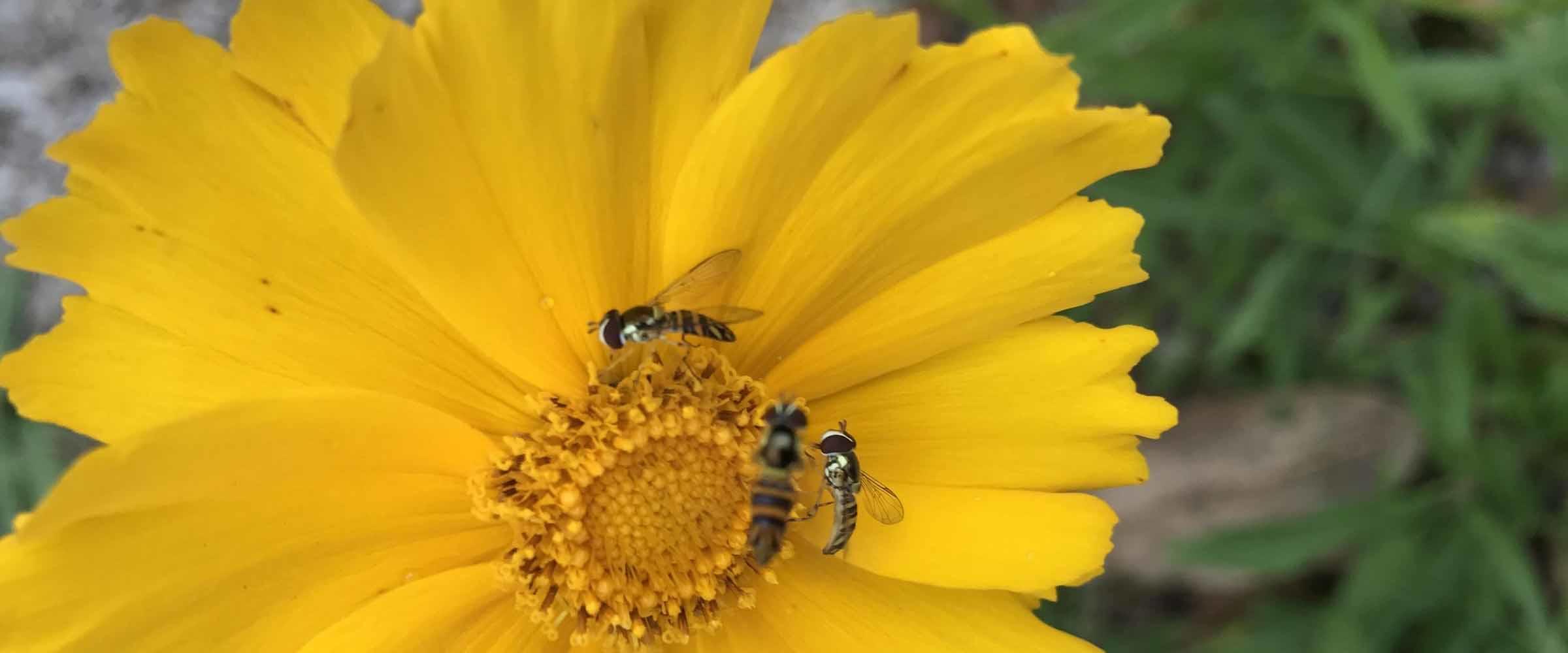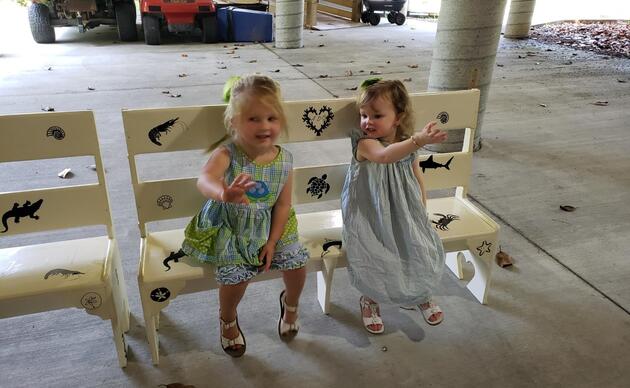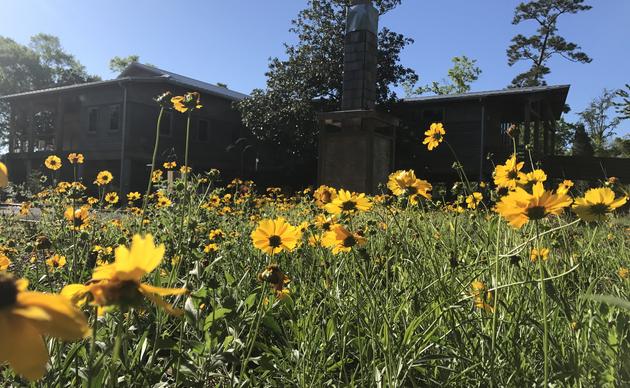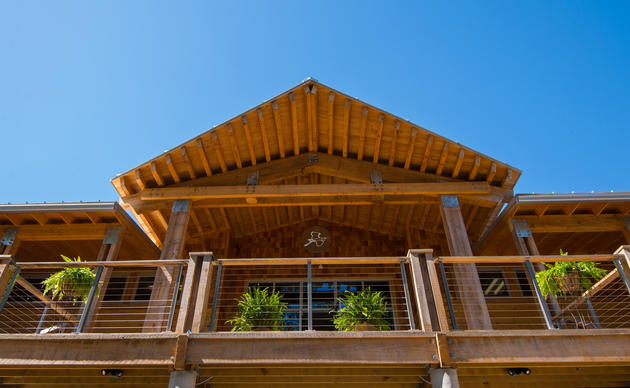The Pascagoula River Audubon Center promotes the use of native plants in the landscape to attract and support birds, pollinators, and other wildlife. Native plants provide necatar for bees and butterflies, food for birds and mammals, and can be beautiful, low-maintenance additions to your backyard.
The native plants onsite consists of more than 25 labeled species that are all native to Mississippi's Gulf Coast. Take a stroll along the grounds and explore the beauty of native plants, their uses (cultural, medicinal, edible) and their value to wildlife.
Here is a plant list from our grounds and garden:
- Eastern Red Cedar (Juniperus virginiana)
- Live Oak (Quercus virginiana)
- White Oak (Quercus alba)
- Water Oak (Quercus nigra)
- Sweet Gum (Liquidambar styraciflua)
- Slash Pine (Pinus elliottii)
- Spruce Pine (Pinus glabra)
- Loblolly Pine (Pinus taeda)
- Southern magnolia (Magnolia grandiflora)
- Sweetbay magnolia (Magnolia virginiana)
- Red Maple (Acer rubrum)
- Redbay (Persea borbonica)
- Yaupon Holly (Ilex vomitoria)
- Wax myrtle (Morella cerifera)
- Dwarf palmetto (Sabal minor)
- Black gum (Nyssa sylvatica)
- Beautyberry (Callicarpa americana)
- Elderberry (Sambucus nigra)
- Pond cypress (Taxodium ascendens)
- Florida Anise (Illicium floridanum)
- Red Mulberry (Morus rubra)
- Pignut Hickory (Carya glabra)
- American Beech (Fagus grandifolia)
- Sourwood (Oxydendrum arboreum)
- Groundsel (Baccharis halimifolia)
- Trumpet Creeper (Campsis radicans)
- Greenbrier (Smilax, sp.)
- Viriginia Creeper (Parthenocissus quinquefolia)
- Coral Honeysuckle (Lonicera sempervirens)
- Muscadine (Vitus rotundifolia)
How you can help, right now
Support the Center with a donation
Support outdoor education and conservation along the Pascagoula River through a donation.
Volunteer With Us!
We need helpers in the gardens, at the front desk, and with educational programs. Contact us today for more information.





